This was written on a sidewalk in Fort Greene over the weekend, made from debris from one of the protests. The photo was taken by @meevist. All week, I’ve been watching videos of the protests, especially the ones in Union Square, a neighborhood that has been my home since my dad moved into the city in the mid ‘80s. But now, I’m watching as an outsider.
I was struggling with what I was feeling and what to write, so followed a bunch of new accounts on Instagram who are all voices of the Black community, to try to make sense of everything. It’s a small thing to shake up your Instagram feed, I know. But I can tell you, seeing posts from people like @ijeomaoluo and @laylafsaad and @rachel.cargle over the last week between pics of my regular follows was both eye opening and challenging. I realized that I had been talking a lot about teaching my kids about racism, when the harder part is educating ourselves.
Yesterday, most of my Instagram feed decided to participate in Black Out Tuesday. There has been a lot of talk about whether this movement did more harm than good. For instance, it flooded the Black Lives Matter hashtag with black squares instead of the vital information, protest organization and messaging that people come to that hashtag to find. Over and over, people were told to take their photos down and repost without the hashtag. I made that mistake and reposted as well. Others speculated that the black squares were a bunch of empty gestures, giving white people an easy out to state their position without really doing or saying anything.
I argue that it did some good. I know a lot of white people who would have had no idea that the Black Lives Movement was spreading outside of Black circles if they hadn’t seen the white people they know posting black squares. There is a history of social media campaigns that have done this and it has been proven to be very effective. It gets people to ask questions and find out what is going on. There is someone I know personally who made a very important donation this morning. It surprised me and showed real growth in his thinking. That person might think he came up with that idea on his own, but I would bet my 15 years of experience in advertising that it was actually the end result of all those black squares, whether he realizes it or not.
Last night, another friend told me that she didn’t understand the point of everyone being silent. I said everyone was not silent. The point was for white people to take a backseat and learn from the Black people they follow. She said, “All I saw was black squares.” Then she realized, “I guess I don’t follow any Black people.”
I followed a bunch of new accounts over the last week, and l learned yesterday that most of them do not want to hear what I have to say. Others told me that I have to speak up. I told another friend, “it’s confusing. I want to say and do the right thing but the messages of what I’m supposed to do are so contradictory.” She said, “That’s because Black people are not one voice. They are individual people who feel differently.”
Over and over again I heard the same sentiment from white women. “I want to be an advocate but I’m scared to say the wrong thing.” I feel the same. I guess what I came away with is that to be helpful, I have to speak up, even though I risk making mistakes. It will be uncomfortable but I will learn from them. I also realized that “speaking up” and Black people listening to what I have to say are two different things. Yesterday I learned not to use the BLM hashtag. I am not trying to take up space there or get Black activists to like me. What I really want to do is talk to the people who already follow me.
Over the last week, I accidentally raised $10k in affiliate money because so many of you bought “A Kid’s Book About Racism.” That tells me that I have a large audience of white moms who also want to do better. We can learn and try to make an impact together. I am currently talking to the author of the book to figure out where that money can be of most benefit to Black people.
Oh and by the way, you know how sometimes you’re not sure whether you should use the word Black? I learned yesterday that I should capitalize Black when I am talking about Black people. The same way I capitalize Jewish. I honestly had no idea until I made the mistake and now I know to correct myself. This usage feels much better.
I have a lot more to say. Words of support, amplification of Black activists, creators, artists and businesses, as well as being honest about my conflicting emotions.
This is a beginning. Not a one off.





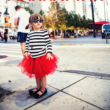
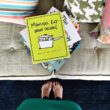

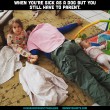






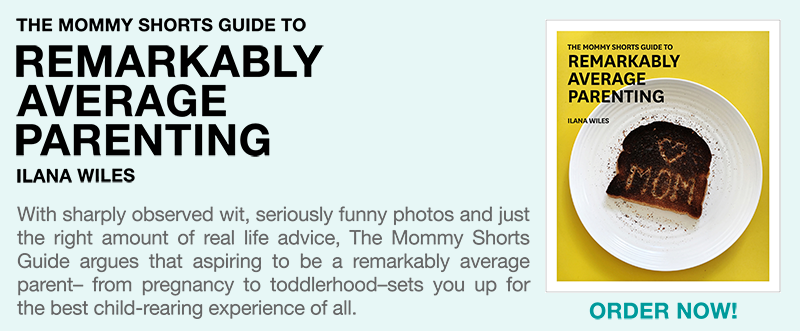



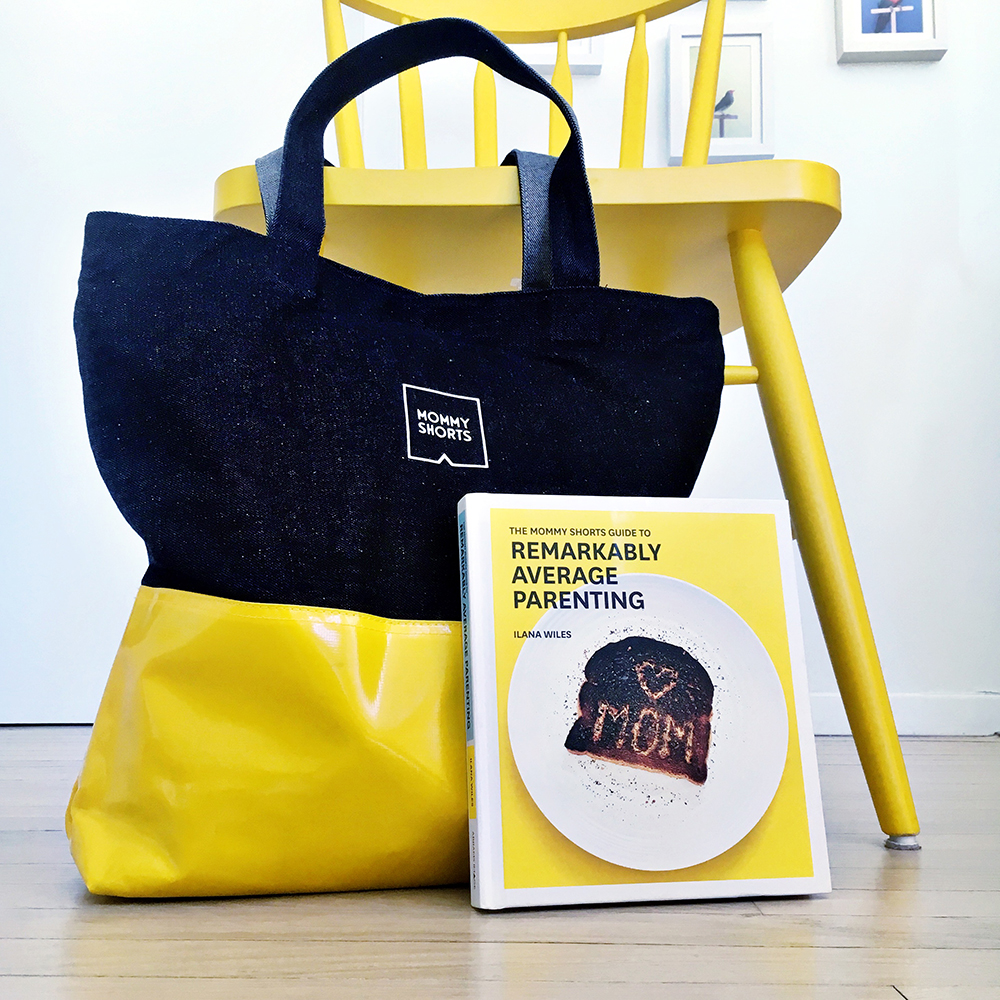







Thank you for sharing. I am one of the white moms who wants to do better, and am trying my best to figure out how. This post educated me on a few things that I am now very glad to know. Thank you for writing it.
Regarding the black squares – a black square on its own or with the caption “on mute” or similar is not useful and just performative ally-ship. A black square with links to resources, information, or just the voice of a Black person is MUCH more useful. Another social media campaign also started earlier this week and is still ongoing, but from what I can tell hasn’t gotten much attention even though it’s significantly more valuable than silence and black squares: #amplifymelanatedvoices. I don’t know what to say as a white person, but I can help by shouting from my (very tiny) social media rooftop the words of others who do and whose voices as BIPOC matter more than mine on these topics